‘Bristol can lead the way in pushing for legalising cannabis’
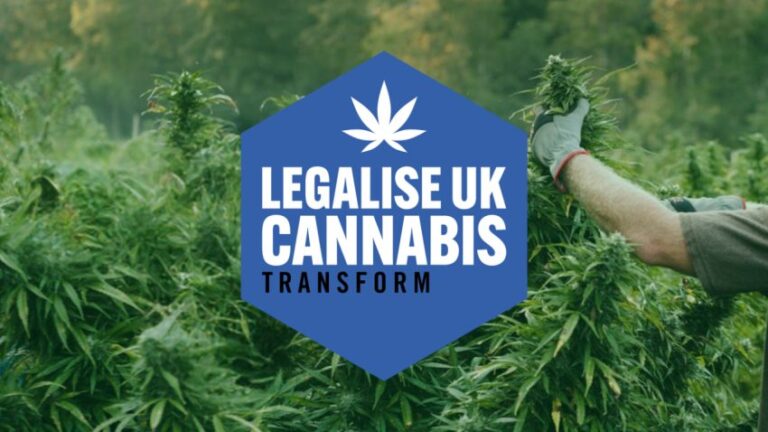
The arguments for legalising and regulating cannabis have been rehearsed for decades. The ‘War on Drugs’ approach has failed on all meaningful measures. For a policy designed to protect health by creating a ‘drug-free world’, it has been stunningly counterproductive.
Cannabis is more potent and easily available than ever. More people use it – rising fivefold since the Misuse of Drugs Act became law in 1971, and the organised crime groups controlling the £3 billion market make more money than ever.
Worse still, they are increasingly using child exploitation and people trafficking to drive profits. Millions have been stopped and searched for cannabis, and thousands still receive life-scarring criminal records each year for minor cannabis offences – disproportionately those from poor, Black and minoritised communities.
Cities are on the frontline of both the failings of the war on drugs and the debate around alternatives. We are working with Amsterdam to support a new network of cities innovating drug policy.
This generational failure is driving an accelerating process of cannabis reform worldwide. On every continent, communities are opting to take control of the cannabis market. A wave of reform, which started in the Americas with Uruguay, has reached 22 US states, Canada and Mexico, and now Europe, with Germany, Luxembourg, Malta, Switzerland, Czechia and the Netherlands all exploring regulated legal availability. In Australia, South Africa and across the Caribbean the same debates are driving change.
Legal regulation offers an opportunity to reduce illegal market harms to allow regulated, taxed, and clearly labelled products to be available from licensed outlets to adult users. Potency and quality controls can improve safety; age access controls can reduce availability to youth; billions in tax revenue and criminal justice savings can be redirected into socially positive projects, education on cannabis risks, and services for the minority who develop problems around their use.
‘Social equity’ innovations in the US have shown how legal cannabis markets can be established that are much fairer. For example, prioritising giving licences to run cannabis businesses to people from the communities most harmed by the war on drugs, rather than to big corporations. We can learn lessons from the failures of alcohol and tobacco regulation, including ensuring corporate monopolies do not distort policy-making – which should serve the public good, not corporate profits.
The arguments for change are powerful – but the UK is being left behind. The new foreign secretary, David Lammy, once visited legal US cannabis businesses, and called for UK legalisation to help poor and marginalised communities. But particularly once in power, some politicians seem fearful of doing what most privately acknowledge is a needed and sensible move.
Their fears are misplaced. We can break out of the vortex of tabloid drug war populism. Polling now consistently shows support for legalisation around 50%, and well over 60% in major urban centres. Although Keir Starmer has said he has no intention of legalising cannabis, politicians in many other countries who once said ‘never’ have embraced reform. UK cannabis legalisation will come. We must make sure it happens sooner rather than later.
Bristol is well positioned to lead the UK debate. The city has a unique history of progressive drug policy: implementing one of the UK’s first diversion programs meaning people caught in possession can receive health interventions rather than criminal records; being the country’s first harm reduction city; and hosting the country’s first Home Office-licenced drug-checking service.
Transform Drug Policy Foundation, founded here in the 90s, has been actively involved in these local reforms, and has driven debate nationally and internationally. Having worked with governments from Canada to Uruguay to develop legal cannabis frameworks, Transform is now setting its sights on UK reform.
Cities are on the frontline of both the failings of the war on drugs and the debate around alternatives. We are working with Amsterdam to support a new network of cities innovating drug policy. In the UK, the Labour London Mayor has set up a drugs commission.
Keep the Lights On
Investigative journalism strengthens democracy – it’s a necessity, not a luxury.
The Cable is Bristol’s independent, investigative newsroom, producing award-winning journalism that shines a light into the depths of what’s happening in Bristol. We’re able to do this because we’re owned and steered by more than 2,500 local members – not shareholders, vested interests or press barons.
We are on a mission to become sustainable – will you help us get there?
Join the Cable todayBut it is Bristol that should and can be the leading light. This city now has a solid majority among its 70 councillors from parties explicitly backing cannabis legalisation – eight Liberal Democrats and 34 Greens (plus a Green MP). Cannabis legalisation is also backed by individual politicians of all parties, making cross-party support in our city a viable goal.
Transform’s new Legalise UK Cannabis campaign and crowdfunder aims to seize the opportunity offered by a new government in a rapidly changing world. We have big plans, including a new economic analysis of the benefits of cannabis legalisation, polling, media and political engagement, and partnership work from our allyship with Blaksox. But we will need you – whether joining our activist network, writing to local papers, contacting your politicians, attending our events and media stunts, or contributing your own ideas.
So please support Transform’s programme and help us take the next critical step in ending the War on Drugs by finally bringing legally regulated recreational cannabis use to the UK. To find out more go to: justgiving.com/campaign/legaliseukcannabis.
Steve Rolles is a senior policy analyst at Transform Drug Policy Foundation



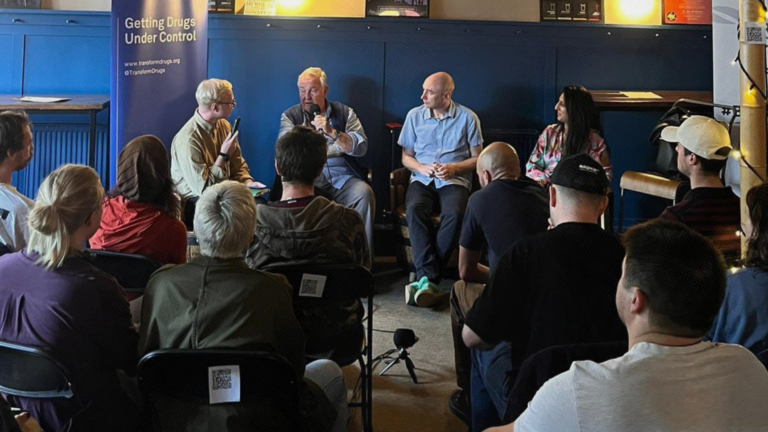


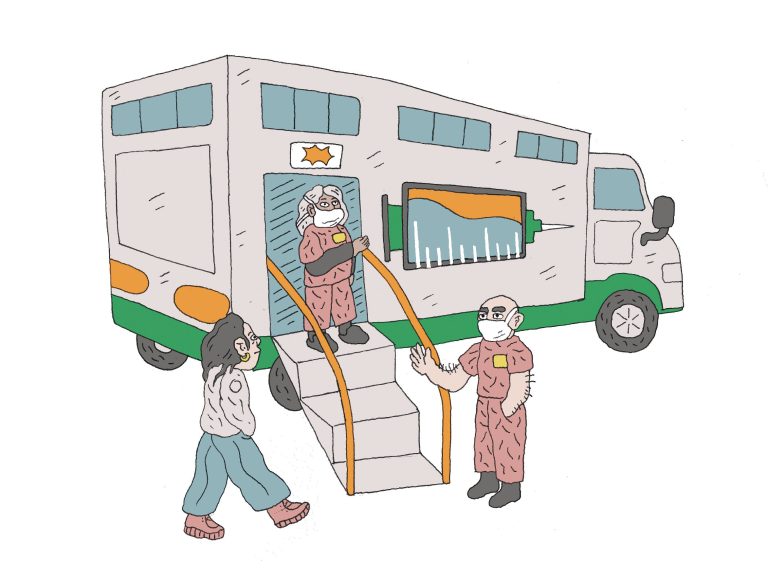

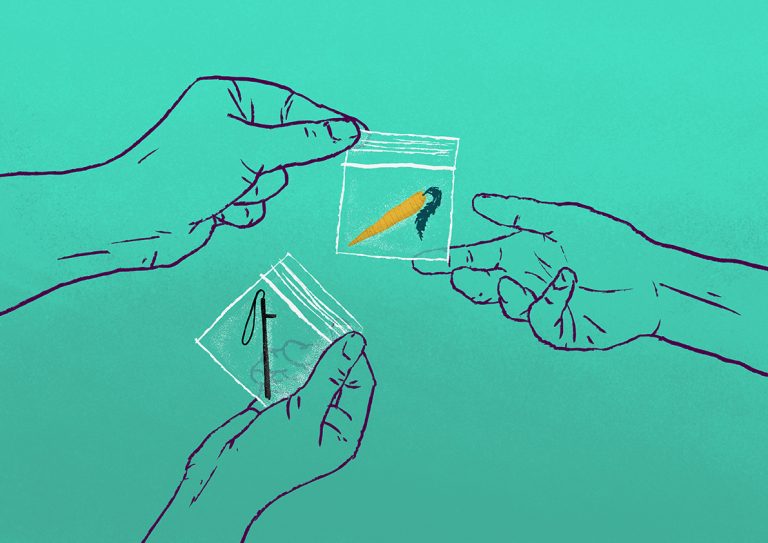

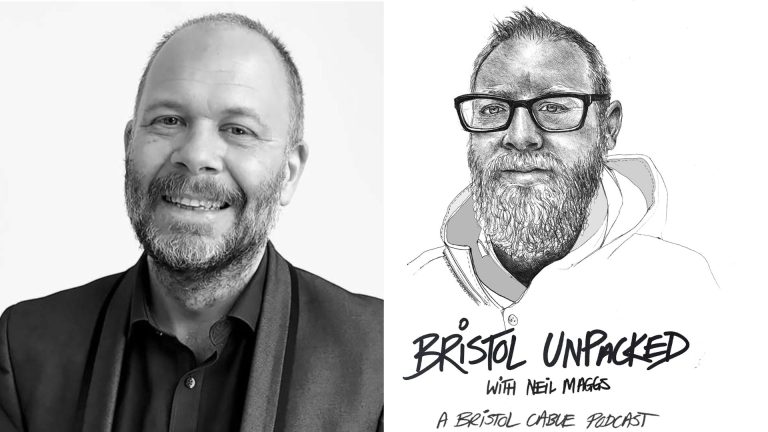


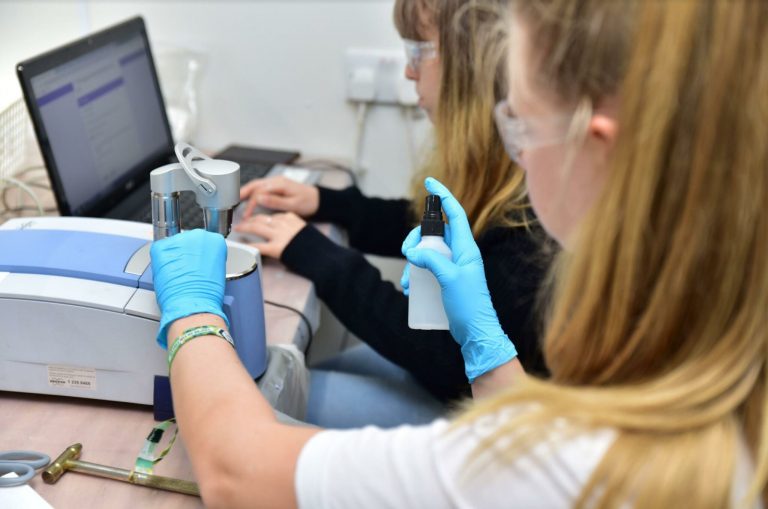


Report a comment. Comments are moderated according to our Comment Policy.
Love this ⭐⭐⭐⭐⭐
I suggest you visit Callington Hospital and ask the healthcare professionals what they think about cannabis.
It destroys lives.
The new “strains” are highly destructive.
It might seem like a “no brainer” to legalise but personally I would prefer more effort be made highlighting the damage it causes to individuals and families and how lives are wasted by its use.
It’s not big, it’s not clever and it doesn’t make any problems you may have go away.
It is good for nothing.
Absolute rubbish
STOP WITH THE MENTAL HEALTH BS. That’s the only argument anyone against it has anymore. There are is no evidence it causes psychosis. Cannabis has been shown to heal rather than kill people. Nobody has ever died from weed and never will.
In places that it has been legalised, the sky has fallen.
As I say visit Callington Hospital and ask the healthcare professionals.
Maybe Steve Rolles could do this?
It would be an interesting follow up to his piece.
If you think it’s OK then crack on and waste you life in a haze.
I’ve smoked in the past and know many people who still do.
It’s a waste of time.
Dope heads achieve little .
But they think they know it all.
Callington Road hospital is not fit to be open.
Legalisation would mitigate the effects some overly potent cannabis can have on mental health
It can be used both as treatment for various illnesses, physical and psychological
Legalisation can be a way of making some small reparations to those who have been targeted by the criminal justice system.
So let big business take over.
Maybe Imperial Tobacco.
Mass produce and then tax.
And then restrict its use to the home.
It seems like tobacco is being banned in all public spaces.
I certainly don’t want to be inhaling some weed heads secondhand smoke.
Go on then legalise it and at the same time ban it from all public space.
Mind you I like the idea about removing Albanians from the business.
But what will the high streets look like when all of those money laundering barbers shut down?
Do what you like.
All I will say is that if you smoke dope you are a dope.
The clues in the name.
Nothing you said here is backed by any sort of evidence, anecdotal experiences do not count as evidence. Anything and everything can be misused if not consumed in moderation, including but not limited to, food, alcohol, caffeine…
I challenge you to find any papers or studies highlighting and supporting the points you made in your comment. Next time you decide to make up facts, please think again about the damage that misinformation can cause.
Like words from a corrupt man in parliaments mouth.